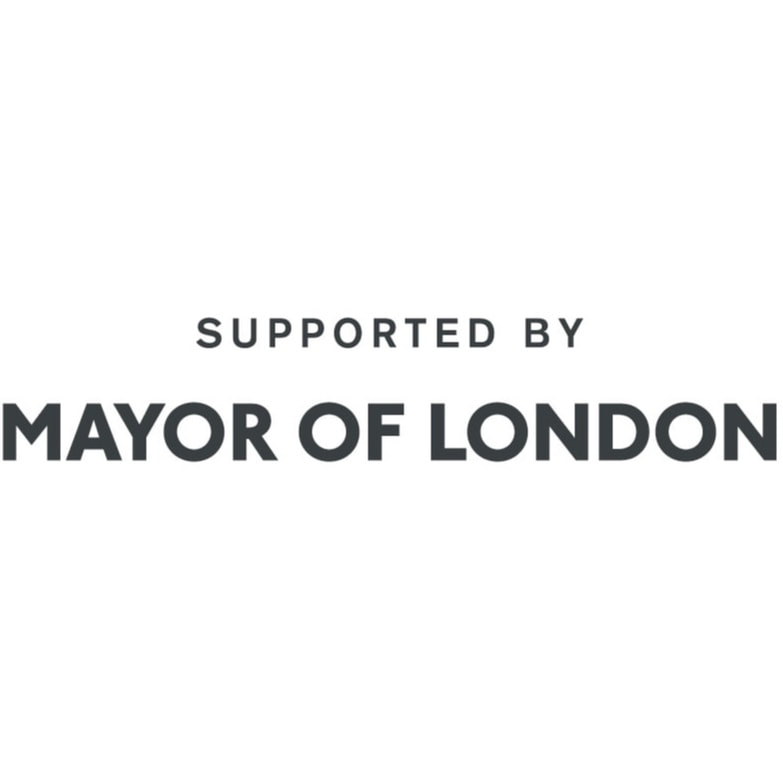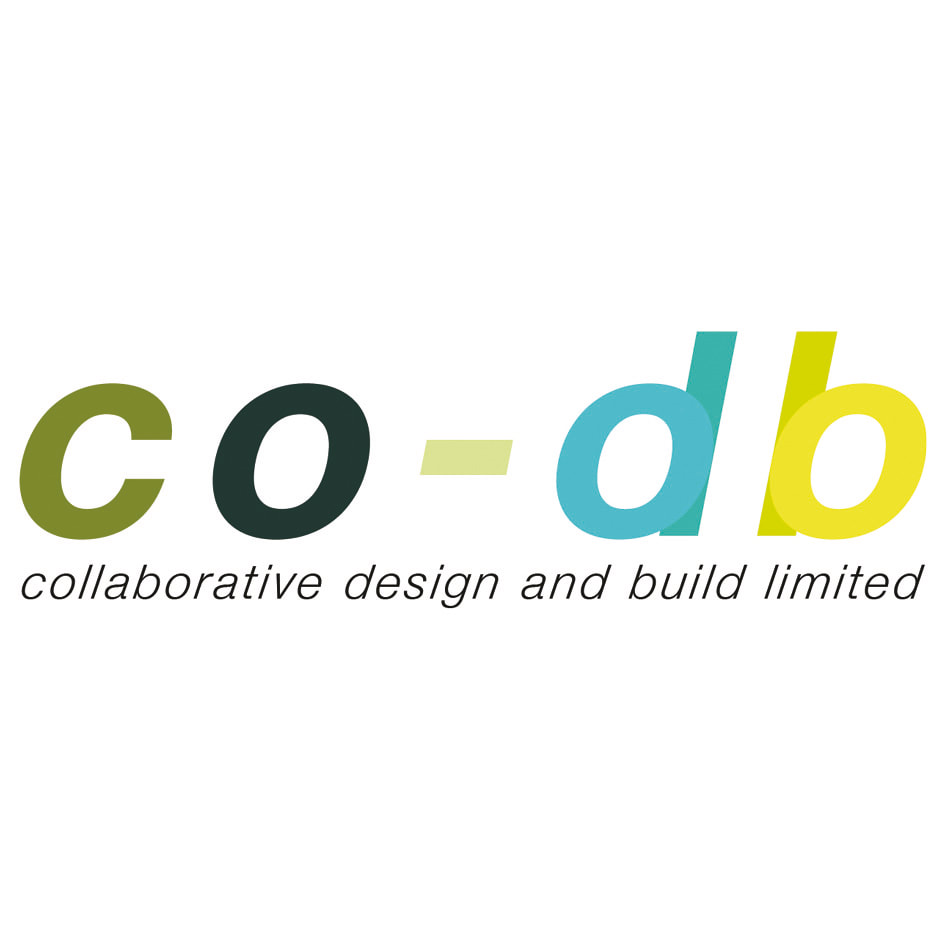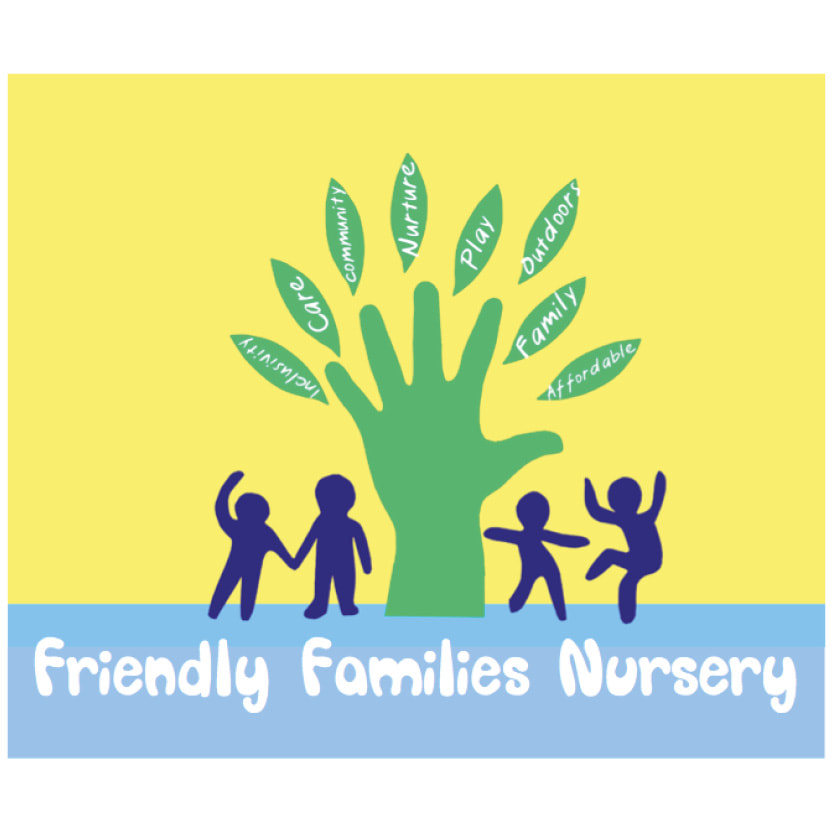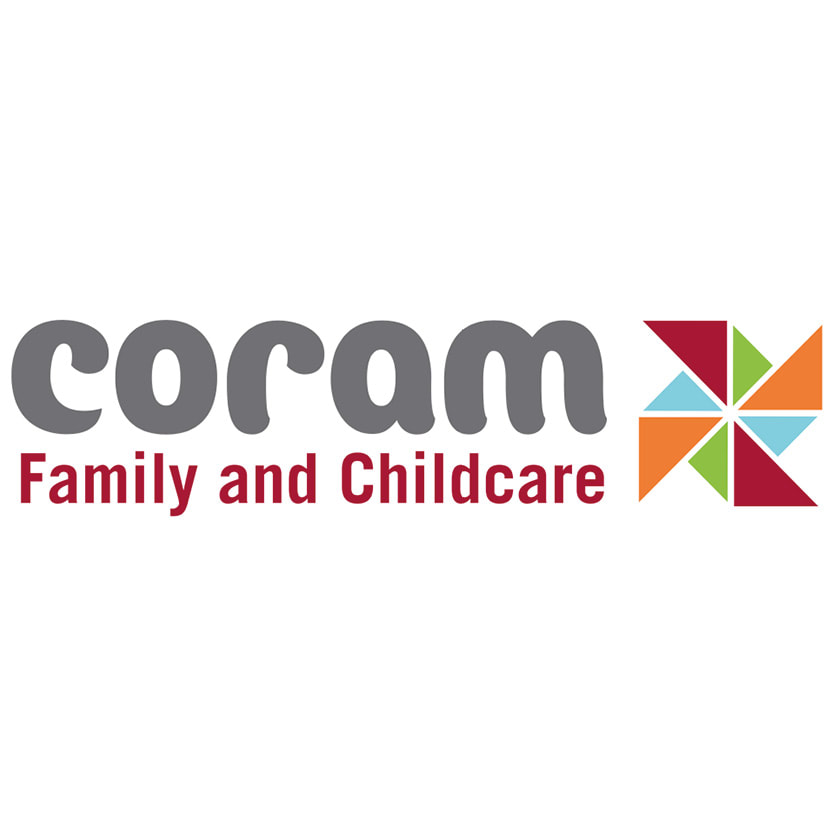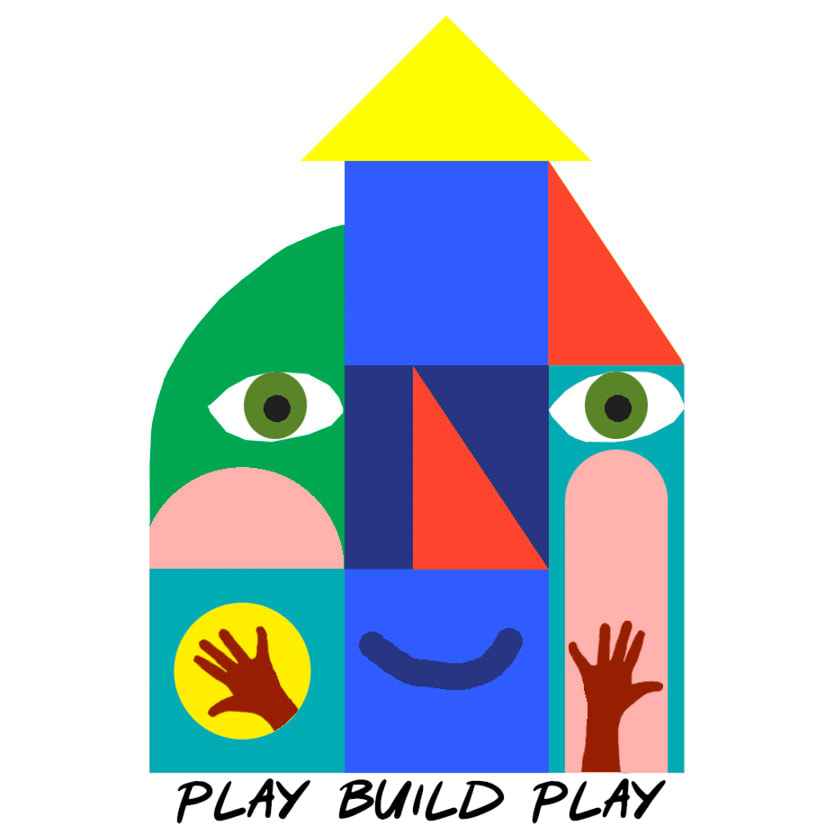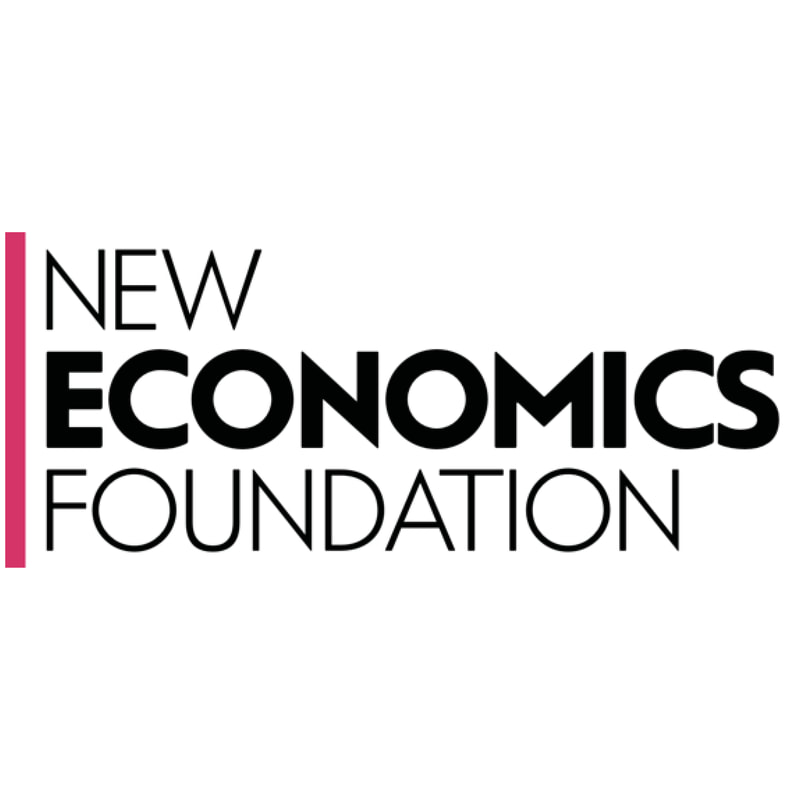Deciding your educational approach
Extract from Coram Family and Childcare Trust report
Early years professionals would describe this as developing your pedagogy. The pedagogy adopted by teachers shapes their actions, judgements and other teaching strategies by taking into consideration theories of learning, understanding of children and their needs and their individual backgrounds and interests. Early years settings vary considerably in the approach they take to pedagogy and supporting children’s development. Your nursery’s pedagogy can be a key factor for parents in deciding about childcare and so it is a really important area for parents to be engaged in.
How will you involve parents in the process and how can you develop everyone’s learning and confidence through being involved?
Co-producing childcare with parents is not about expecting parents to become experts in early years. To help establish the educational approach for the nursery we worked with early years professionals and experts. We developed statements about early years to help parents identify what elements they prioritised. The early years professionals were able to understand and explain more about the different learning theories behind these. For example many parents agreed with the statement 'opportunities for independence should be created as soon as possible, in daily tasks, including cooking and preparing food or tidying away' without knowing that this is grounded in the Montessori method and the theory attached to it.
At Friendly Families Nursery we developed statements like some of those below and invited parents to comment on them at stay and play sessions, or through online surveys.
Some of the statements were very popular with all parents, such as the importance of child initiated play, whilst others were less universally accepted, such as the importance of risky play for children. Understanding this allowed the Play Build Play team and our early years professionals to continue the conversation with parents. Developing a shared ethos to early years will work best when it is supported by and consistent with the child’s home learning environment so Friendly Families Nursery continues to work with staff and parents on this.
How can you turn the ‘theory’ into practice so that parents and children can experience the different ideas?
We ensured that co-design activities for the indoor and outdoor spaces and equipment at the nursery linked to different early years educational theories so that parents could see ideas in action. This included approaches such as 'Reggio Emilia' or 'Forest School' when developing our mud kitchen and outdoor space. When setting up our stay and play sessions we used loose parts and open ended play equipment to demonstrate how children can build their own learning.
Summary
Developing your educational approach is a critical area that allows parents and childcare professionals to work and learn together. Developing practical opportunities to put theory in to practice provides parents with opportunities to develop their confidence and play with their children.
How will you involve parents in the process and how can you develop everyone’s learning and confidence through being involved?
Co-producing childcare with parents is not about expecting parents to become experts in early years. To help establish the educational approach for the nursery we worked with early years professionals and experts. We developed statements about early years to help parents identify what elements they prioritised. The early years professionals were able to understand and explain more about the different learning theories behind these. For example many parents agreed with the statement 'opportunities for independence should be created as soon as possible, in daily tasks, including cooking and preparing food or tidying away' without knowing that this is grounded in the Montessori method and the theory attached to it.
At Friendly Families Nursery we developed statements like some of those below and invited parents to comment on them at stay and play sessions, or through online surveys.
- Child-initiated play is very important as it means that the child is motivated and engaged
- Opportunities for independence should be created as soon as possible, in daily tasks, including cooking and preparing food or tidying away
- Children should become independent thinkers who can explore their environment with curiosity
- Open ended resources allow children to direct their own play and make choices for themselves
- Children can build their own learning, and require adults to help support it, not instruct it
- Always start with what children can do, not what they can't
- A homely environment makes children feel welcomed, every child should have a place for their things
- Routine and repetition are important as they help children find their place in the world
- Learning should be experienced through the course of everyday tasks and activities
- Childhood is more than just preparation for adulthood
- Every child should be seen as strong, capable and resilient, and ready to explore
- The environment shouldn't overstimulate children. It should be familiar to them.
- Risky play enables children to develop their physical learning and understand their limits
Some of the statements were very popular with all parents, such as the importance of child initiated play, whilst others were less universally accepted, such as the importance of risky play for children. Understanding this allowed the Play Build Play team and our early years professionals to continue the conversation with parents. Developing a shared ethos to early years will work best when it is supported by and consistent with the child’s home learning environment so Friendly Families Nursery continues to work with staff and parents on this.
How can you turn the ‘theory’ into practice so that parents and children can experience the different ideas?
We ensured that co-design activities for the indoor and outdoor spaces and equipment at the nursery linked to different early years educational theories so that parents could see ideas in action. This included approaches such as 'Reggio Emilia' or 'Forest School' when developing our mud kitchen and outdoor space. When setting up our stay and play sessions we used loose parts and open ended play equipment to demonstrate how children can build their own learning.
Summary
Developing your educational approach is a critical area that allows parents and childcare professionals to work and learn together. Developing practical opportunities to put theory in to practice provides parents with opportunities to develop their confidence and play with their children.

